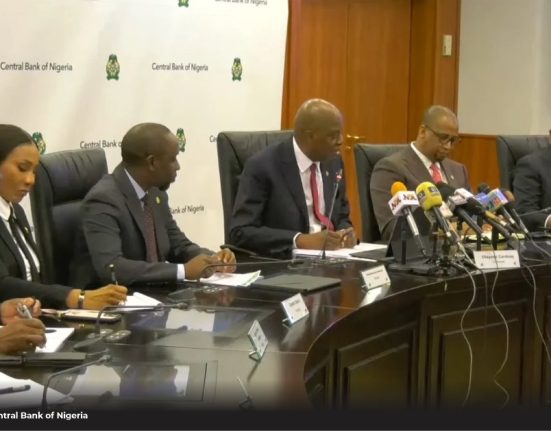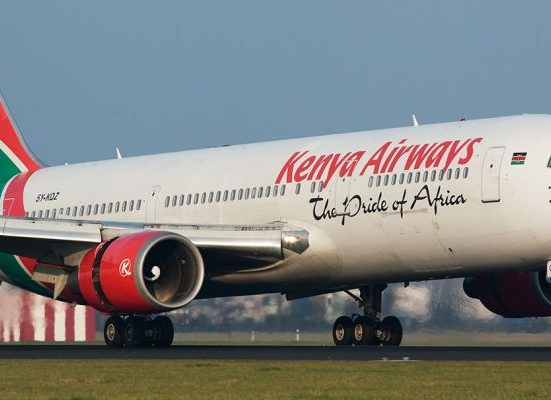Abuja, Nigeria – July 7, 2025
The International Monetary Fund (IMF) has advised the Nigerian government to intensify its economic reforms, focusing on sound fiscal policies and targeted social interventions to curb rising inflation and reduce poverty across the country.
In its latest advisory issued over the weekend, the IMF stressed the need for Nigeria to adopt a more consistent and transparent foreign exchange policy, improve revenue generation, and curtail public spending leakages.
According to the IMF, Nigeria’s inflation, currently hovering above 30%—is severely eroding the purchasing power of citizens, especially low-income households. The institution emphasized that without a clear commitment to tightening monetary policy and enhancing food security, the situation could worsen.
“The Nigerian authorities must stay the course on reforms by addressing macroeconomic imbalances, strengthening social protection systems, and tackling corruption to create room for inclusive growth,” the statement read.
It also urged the Central Bank of Nigeria (CBN) to continue its efforts in managing liquidity and aligning interest rates with inflation expectations, as part of a broader strategy to stabilize the naira and restore investor confidence.
The IMF acknowledged ongoing efforts by the Bola Tinubu-led administration, including the removal of fuel subsidies and the push for a unified exchange rate, but noted that complementary reforms in agriculture, energy, and the financial sector are essential to ensure long-term economic stability.
The Fund concluded by recommending that Nigeria expand cash transfer programs to cushion the impact of inflation on vulnerable citizens while also scaling up investment in health, education, and rural infrastructure.







